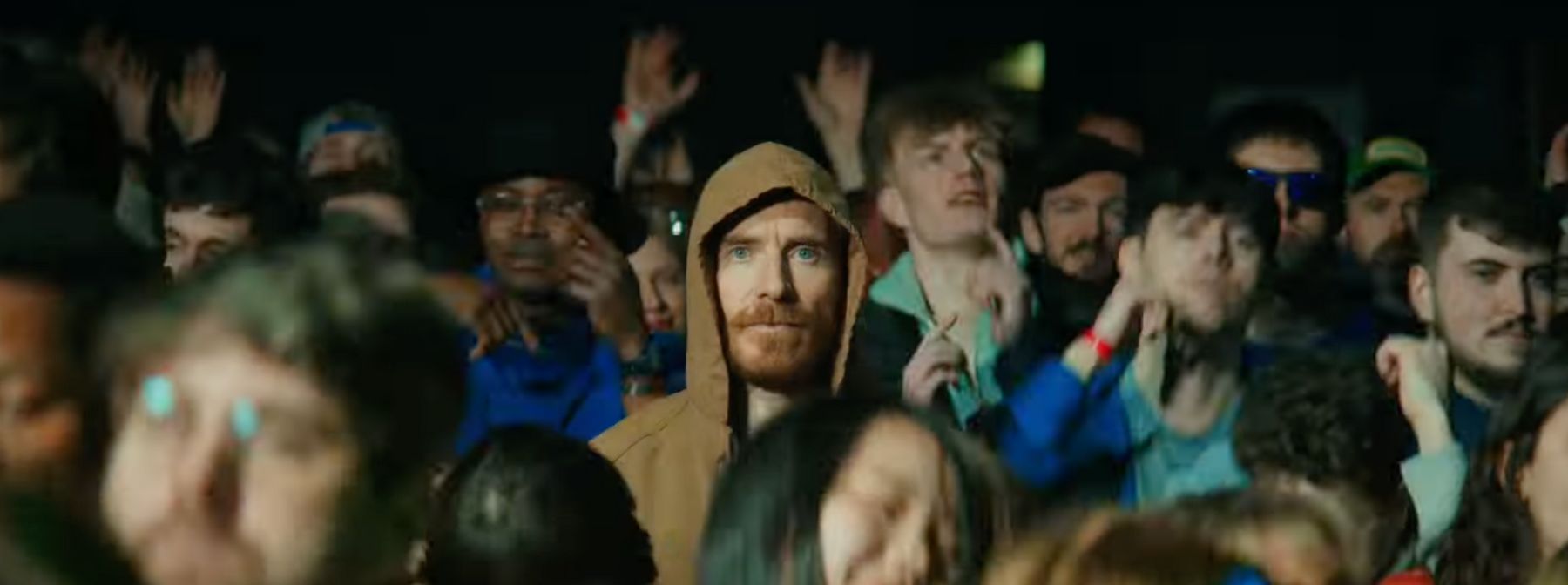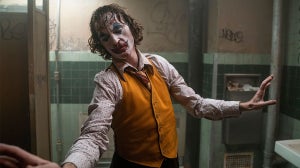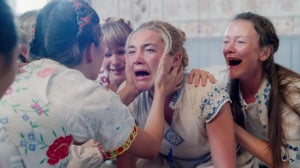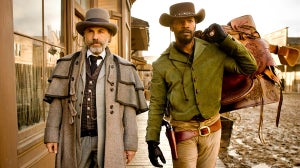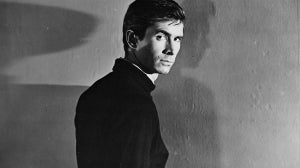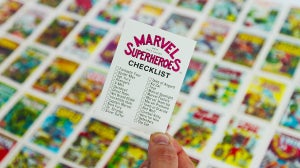
When director Rich Peppiatt first encountered Belfast rap trio Kneecap, he knew he wanted to make a movie about them.
“I went to one of their gigs and was just blown away”, he told Zavvi. “In a world where musicians feel safe and pre-packaged by PR companies, here was a band throwing fake bags of drugs into the crowd and riling everyone up.
“They reminded me of Rage Against the Machine, one of my favourite bands growing up – they had something that appealed to the anarchist in me. I needed to sit down and have a pint with them as I knew I wanted to do something with them – I just had no idea what.”
Peppiatt didn’t end up having a pint with the band, and their first meeting was eventually reimagined in the film as the band’s first recording session: off their faces on various substances in band member JJ’s garage.
“We actually toned it down for the movie, there were more drugs in real life”, laughed Peppiatt. “We got on very well though, and realised we were kindred spirits – doing drugs with people on your first meeting tends to bond you like that”.
Flash forward a few years, and Peppiatt has directed Kneecap, a loud, irreverent biopic every bit as anarchic as their music. The band play themselves in their respective acting debuts, charting their unlikely rise from (respectively) drug dealers and schoolteachers to controversial rap sensations, becoming unlikely poster boys for the Irish language – spoken by only 6,000 people in Northern Ireland – along the way.
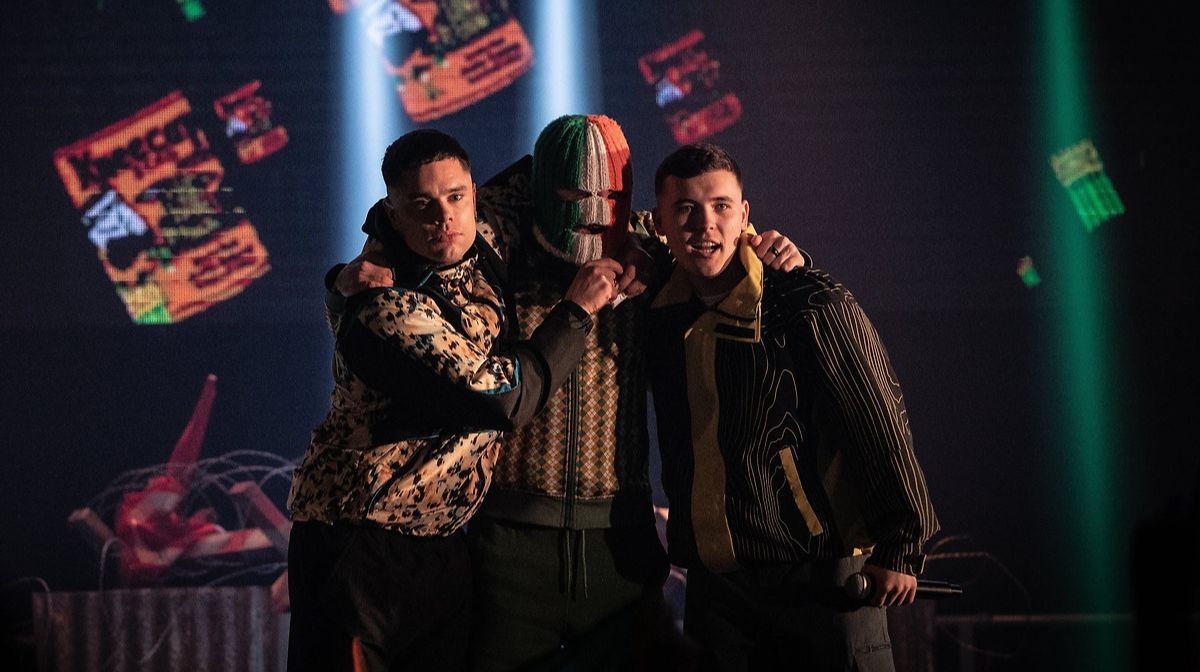
As a former journalist, Peppiatt’s approach to writing a biopic began with what he describes as the “longest, most drunken interview imaginable”, trying to extrapolate the real stories behind some of their most controversial lyrics. He describes this months-long pub crawl as a goldmine that gave him “enough material for three or four films”, discovering that the band’s real lives were so full of insane anecdotes, they’d casually reference stories after years of knowing Peppiatt that he needed to go back to the script to write in.
But as for what in the movie is specifically true – from band member Naoise's presumed-dead IRA bomber father (played here by Michael Fassbender) to their dalliances with a Radical Republican drug smuggling front – the director prefers to keep his cards close to his chest.
“I’d say 70% of the movie is true, but I want to leave which specific parts a mystery; Fargo is one of my favourite films, and the fact it says it’s based on a true story when it’s completely made up has always stuck with me. I’m not a journalist anymore, I’m a filmmaker, and my responsibility is to entertain, not speak truth to power, so I want to keep mystique about what happened.
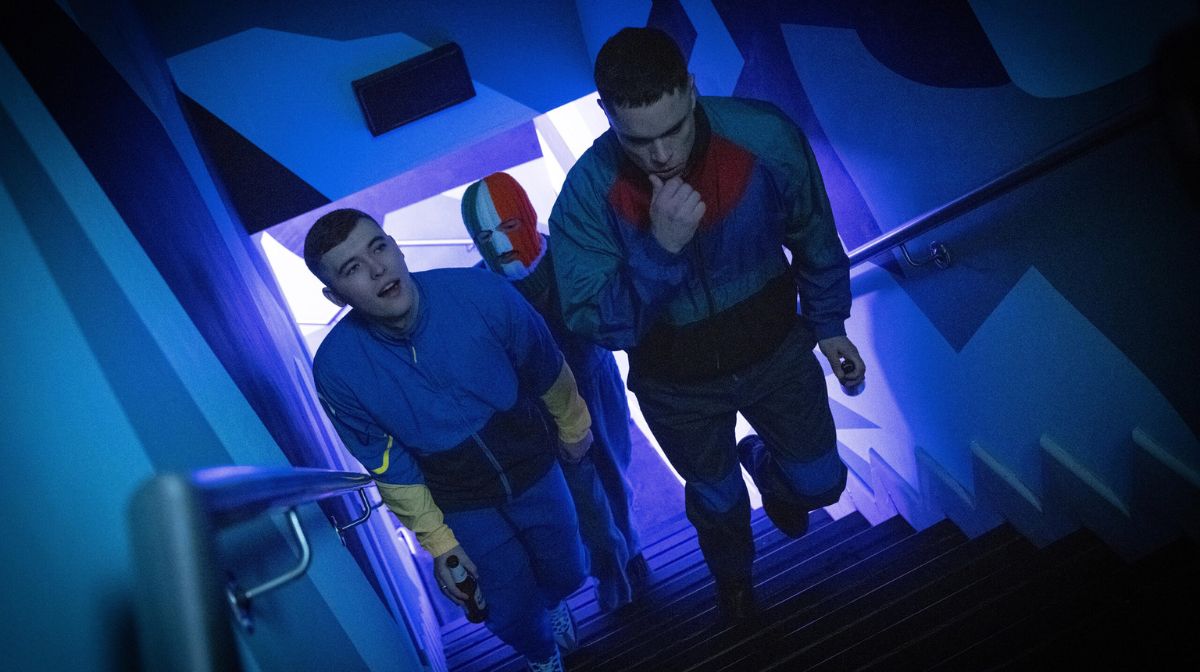
“I can say though, that the maddest stuff in here really did take place...”
The band were on board with Peppiatt’s vision, but their egos did take a little bruising along the way.
“At the start, the band were determined that nobody could have more lines than the other, or could be seen to be more of a main character. My response was always: “does it f***ing matter? You’re all in it!”
“The big blow up was when they found out only one of them could be the narrator, and I had to tell them they couldn’t all be narrators as that isn’t how film works, and it wouldn’t make it better. I didn’t want to do something just because they wanted it in – but luckily, we have a close enough relationship where I felt like I was one of a handful of people in the world who could control them”.
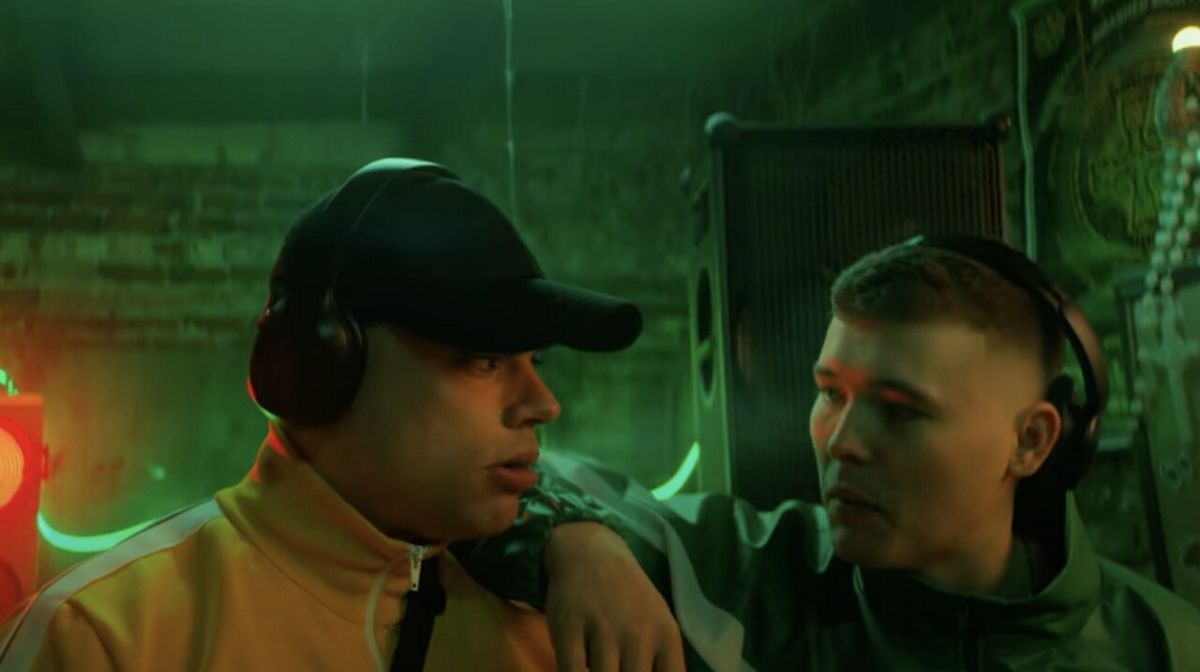
However, it was still important for Peppiatt that the band felt like creative partners, with the director joking: “the English have been coming to Ireland and taking over for 800 years – I didn’t want to make it 801!”
With that being said, he felt that his outsider status from Belfast was useful, believing that if an Irish director made the movie, the right-wing press would be quick to label it “anti-British”.
He explained: “When you come from the North of Ireland, you can be too embedded in one community or the other, and I think it’s useful to come in as an outsider without those attachments to piece things together. Plus, it’s ridiculous to call it anti-British by focusing on Republican communities if I make it – what am I, anti-myself?
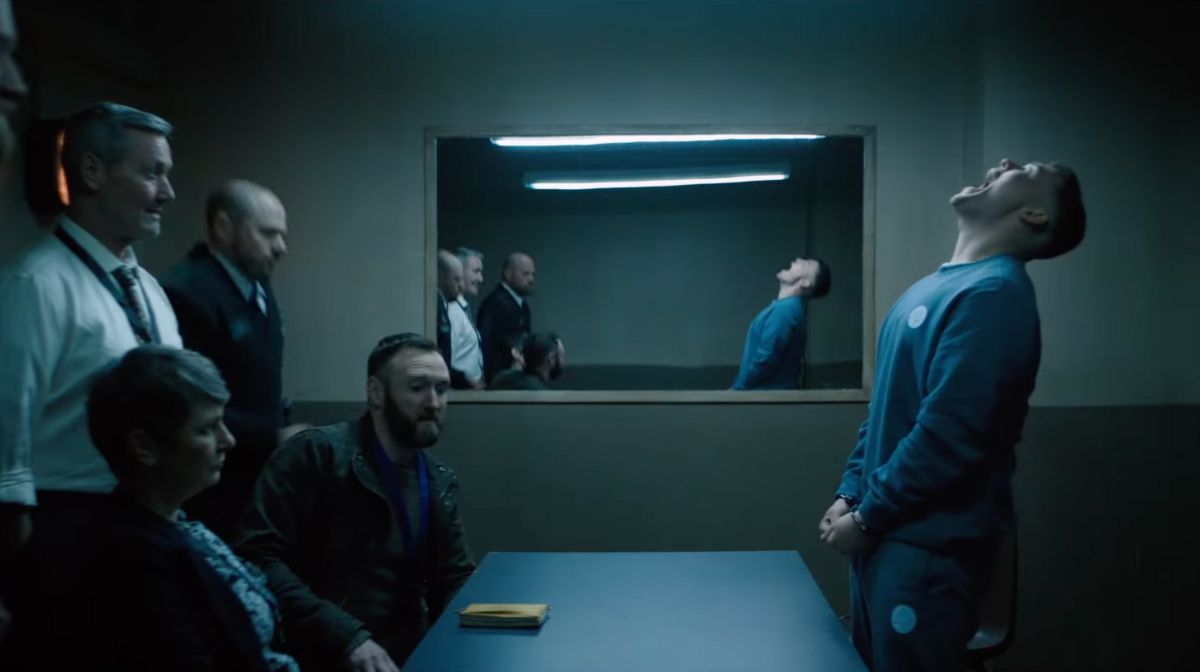
“I don’t think it’s unpatriotic to make a movie which analyses the history of my country from a certain perspective, which can put it in a negative light. That’s as valid as anybody else’s perspective on Britain.”
By the time the script was locked down and filming approached, Peppiatt realised he had no idea whether the band could actually act.
“It was my big oversight right from the start. When I was pitching the project to producers, they’d always ask “can the lads act?” and I just nodded and said they were great actors – I needed to get the movie funded, I had no idea if they actually could, but I would have said anything to make sure the film would get made.
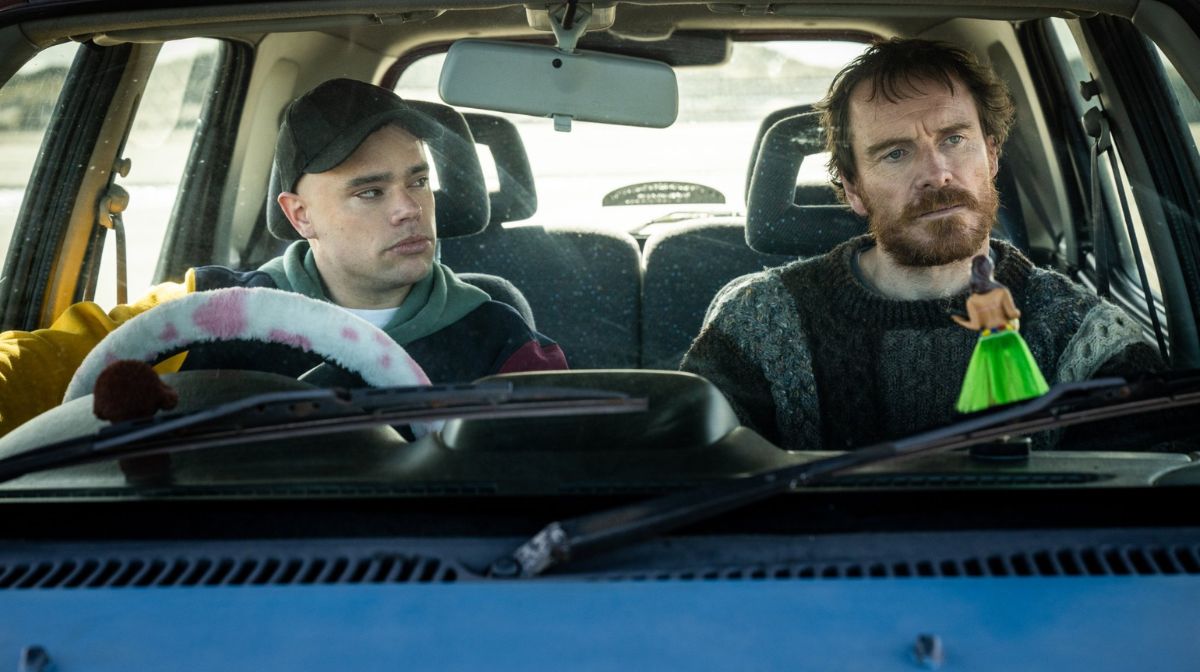
“When it was finally green lit and the money was in place, I finally decided to see if the lads had any acting abilities. It was immediately apparent that they didn’t, as they were so used to performing in a different way, where they have to project themselves to the back of an auditorium – the tools you need for that are not the ones you need for when a camera is three inches from your face.
“They had so much energy, and the challenge was getting them to learn how to internalise that; keep it alive inside, without the performance becoming too big and brash. Over a few weeks, they turned from moths into butterflies, and let’s face it, working with Michael Fassbender certainly helped them a lot too!”
Fassbender was the dream-casting for the supporting role as Naoise’s father, as one of the few top-tier performers who is fluent in the Irish language.
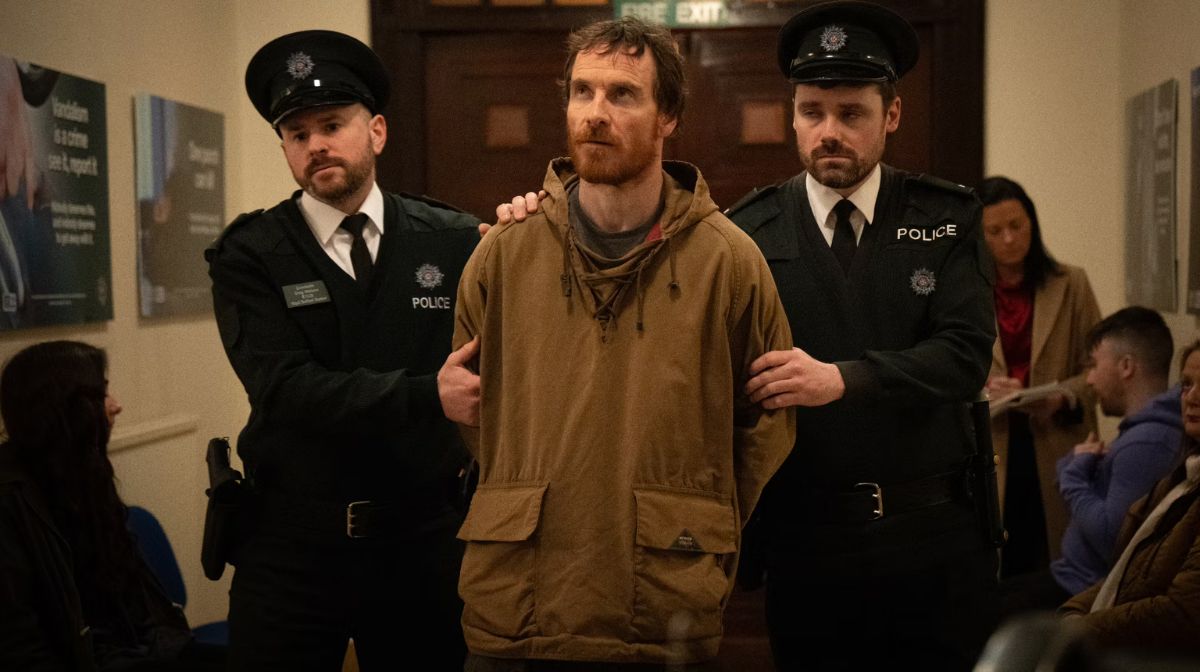
“When you’re trying to cast an actor for a role, you might as well aim high to start with, and the lads had been big fans since he played Bobby Sands in Hunger. We reached out to him via a friend of a friend who knew his agent, and a few days later I got a WhatsApp saying “hi, it’s Michael, can we chat?”
“I thought it was a spam message, I almost blocked and reported it, but I’m glad I didn’t. Fifteen minutes later, he was in our movie, and it was the first time where I realised this was going to be made for real.”
Kneecap has already stormed the box office in Ireland and has been selected as the country’s submission for the Best International Film Oscar. More success and controversy await - “the Daily Mail were writing hit pieces before we even finished filming!”, the director beams proudly – and we shouldn’t rule out their return to screens following this movie.
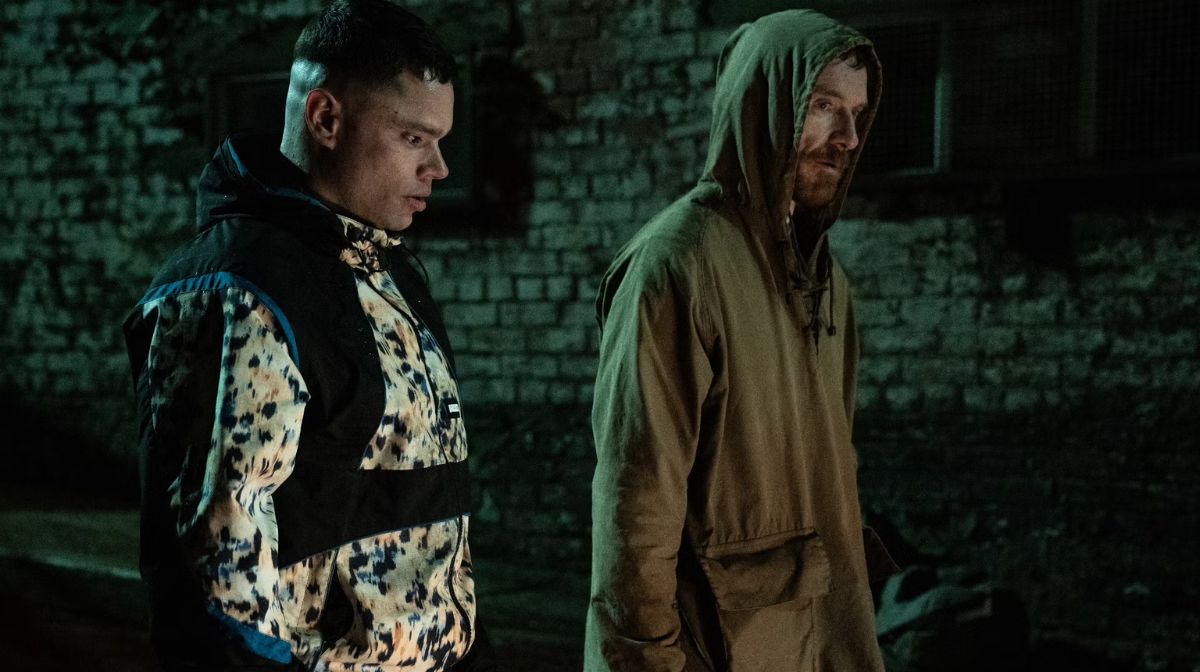
“I believe that there will be a Kneecap 2 in a decade’s time, and I’m intrigued by the idea of a TV series set in this music scene that maybe doesn’t involve the lads. I’ve got a completely different other project in the works next though, which I am confident will p**s off the Daily Mail just as much as this.
“But even if I’m not making movies with them, I’m still friends with them and hope to continue being a part of their journey – even if I’m just at their gig as a fan.”
Kneecap is released in UK cinemas on Friday, 23rd August.

